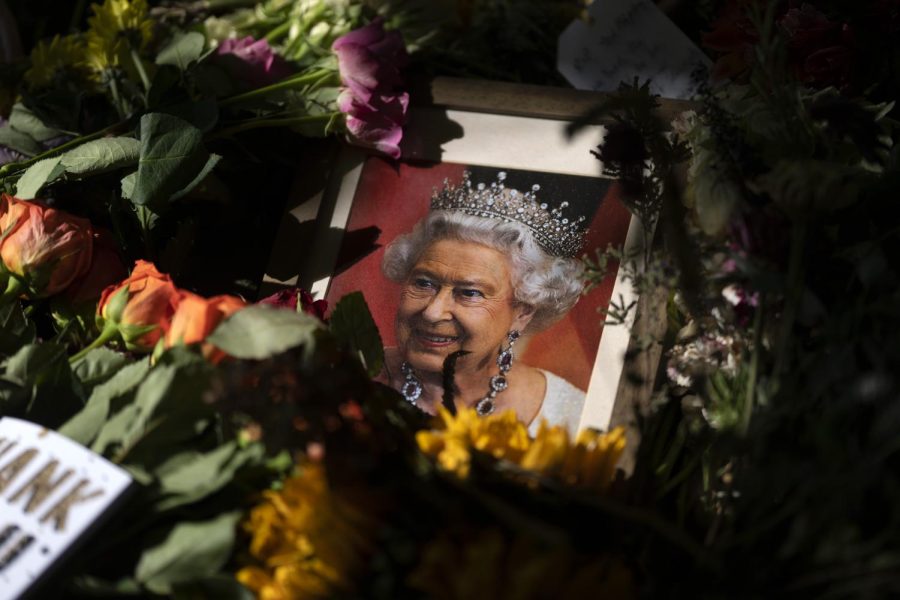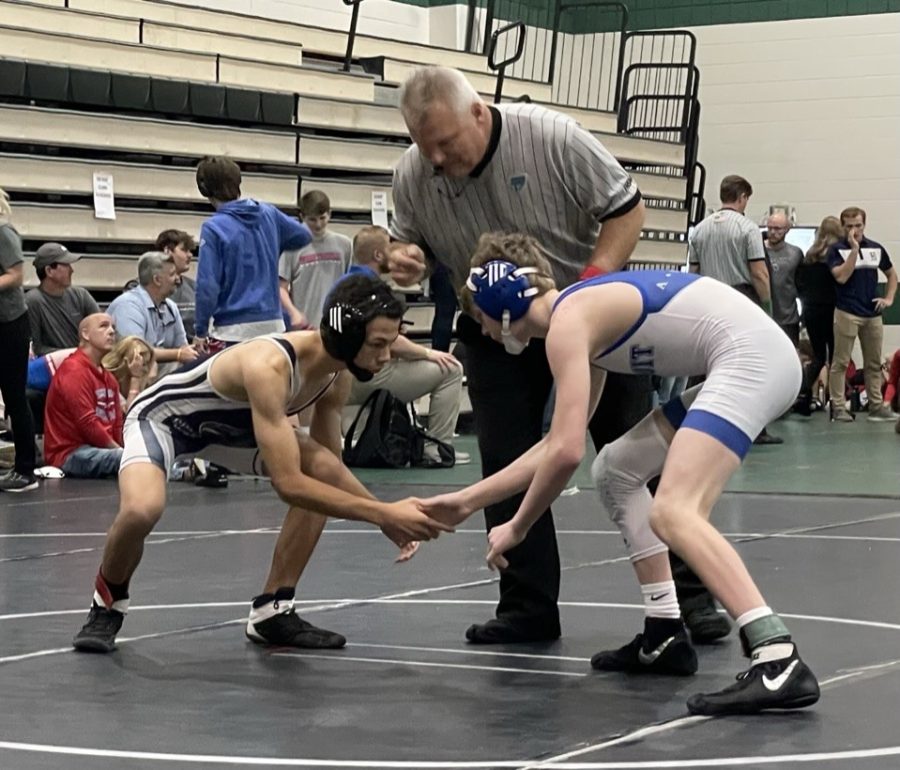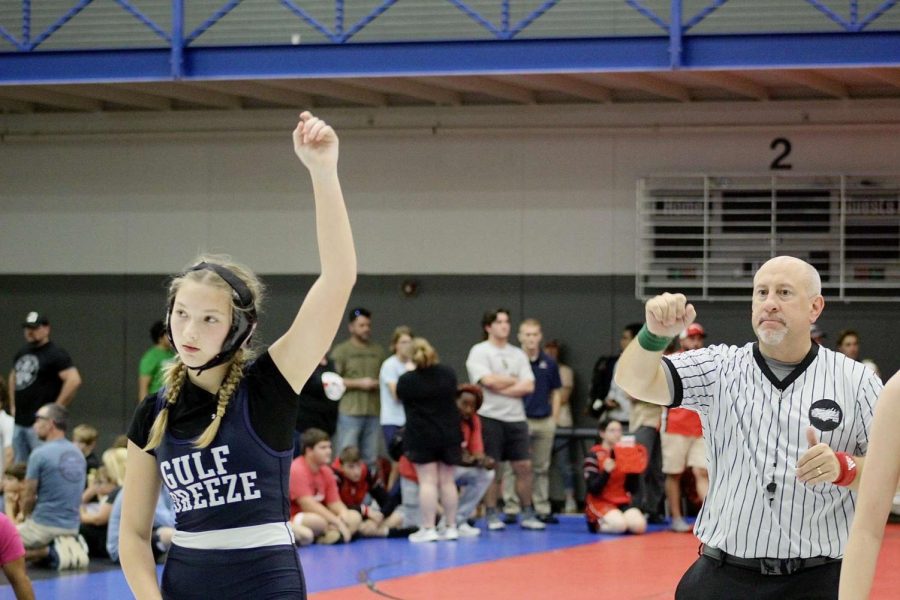People around the world chime into each week’s new episode of Serial Killers, Solved
Murders, and Dateline and each week they listen to the meticulous play by play of gruesome acts of inhumanity being committed, detailing every action of those involved.
The problem here? Those victims of the horrendous crimes are real people and the survivors as well as the less fortunate family members are desperately trying to move on in life.
True crime podcasts inform the masses of the dark side of society, but they are also extremely insensitive descriptions of shamed victims.
According to National Library of Medicine, “only 18% of the adult women’s rapes and only
11% of the assaults of women were reported.”
The main reason for this is a combination of shame and embarrassment. No one wants to have the most secure details of a horrifying moment in their life’s broadcasted across platforms.
I know that, as a woman, this can be the scariest thing and the worst part would be if my friends and family found out.
Once the media finds something out, it’s out there forever, like a permanent stain on someone’s character.
Also, there are no rules about getting consent from the people in the middle of these crimes.cAnyone can post anything about the victims.
“It can glamorize killers and misrepresent victims,” says Amanda Knox, host of Truth About True Crime “Even those with good intentions can cause harm.” This fixation on true crime is twisting the perspectives of watchers and listeners, making them believe it could even be fun having this done to them.
Many fantasy writers have taken advantage of the stories of actual peoples’ nightmares and
turned them into smut that only encourages illegal and sick behaviors. The idea that someone could be turned one by the actions that literally scarred or killed someone
is not okay.
“What’s really interesting is, at some level, it doesn’t matter what’s true. The lines of true crime are getting increasingly blurry. Is it entertainment? Or is it factual knowledge of being delivered to the audience?” says Kate Albrecht, co-author of a law review about the “Serial Effect.”
So, on top of these podcasts being extremely insensitive, they also might not necessarily be true. I do believe though, that these retellings of the lowest moments in humanity were started to be informational, at least until the industry took advantage of them.
The endless podcasts, shows, and documentaries do help raise awareness about the injustices going on. There are multiple instances where they have helped solve a cold unsolved case.
I don’t think the idea of true crime is horrible, but the way they are marketing and running it now is extremely unethical.
Victims are still being misrepresented though. Many producers go about making these shows as a sort of cash crop, completely disregarding the emotions of those actually involved in the crime.
Listening to a podcast like this can reopen wounds and submerge them in salt. Is your entertainment really worth someone else’s security?
















